Life
-
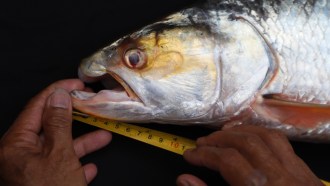 Animals
AnimalsThe ‘Mekong ghost’ megafish has resurfaced after an extinction scare
Rediscovery of giant salmon carp in Cambodia sparks hope for the rare fish’s survival and efforts to conserve one of the greatest diversity hot spots.
-
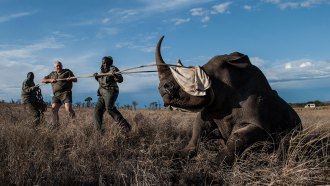 Life
LifeHow insects can help catch rhino poachers
A new study looks at which insects can be used as biological clocks to determine when a rhino was killed.
By Jude Coleman -
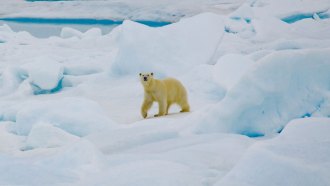 Animals
AnimalsPolar bears are being exposed to more pathogens as the climate warms
Polar bears have been exposed to more viruses, bacteria and parasites in recent decades, a new study shows, possibly acquiring the germs in their diet.
By Jake Buehler -
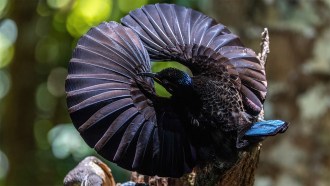 Animals
AnimalsScience has finally cracked male riflebirds’ flirty secrets
New video upsets the old notion that these birds of paradise use wing clapping to make percussive sounds while courting.
By Susan Milius -
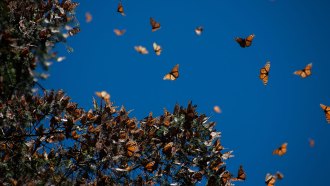 Environment
EnvironmentAn idea to save Mexico’s oyamel forests could help monarch butterflies too
Climate change is putting monarch butterflies’ overwintering forests in Mexico at risk. Could planting new forests solve that problem?
-
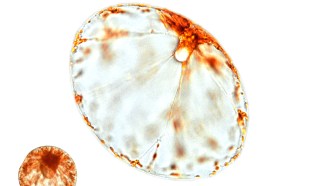 Oceans
OceansHow tiny phytoplankton trek long distances upward in the ocean
Taking in seawater while filtering out dense salts lets unicellular phytoplankton migrate tens of meters vertically toward sunnier seas.
-
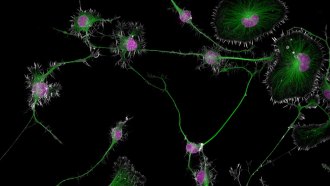 Life
LifeHere are some stellar picks from Nikon’s top microscopy images of 2024
The annual Small World photomicrography competition, now in its 50th year, puts life’s smallest details under the microscope.
-
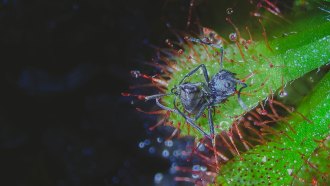 Plants
PlantsCarnivorous plants eat faster with a fungal friend
Insects stuck in sundew plants’ sticky secretions suffocate and die before being subjected to a medley of digestive enzymes.
-
 Animals
AnimalsAt-home experiments shed light on cats’ liquid behavior
Cats can flow like liquids through tall crevices, but they solidify a bit as they approach short crannies, new research shows.
-
 Neuroscience
NeuroscienceYour brain can perceive subtle odor changes in a single sniff
The speed at which our brain can tell smells apart is on par with color perception, a new sniff device shows.
-
 Animals
AnimalsDNA from old hair helps confirm the macabre diet of two 19th century lions
Genetic analysis of cavity crud from two famed man-eating lions suggests the method could re-create diets of predators that lived thousands of years ago.
By Jake Buehler -
 Neuroscience
NeuroscienceHair pulling prompts one of the fastest known pain signals
The ouch of hair pulling is transmitted with the help of a protein used to sense light touches. These details could lead to new treatments.